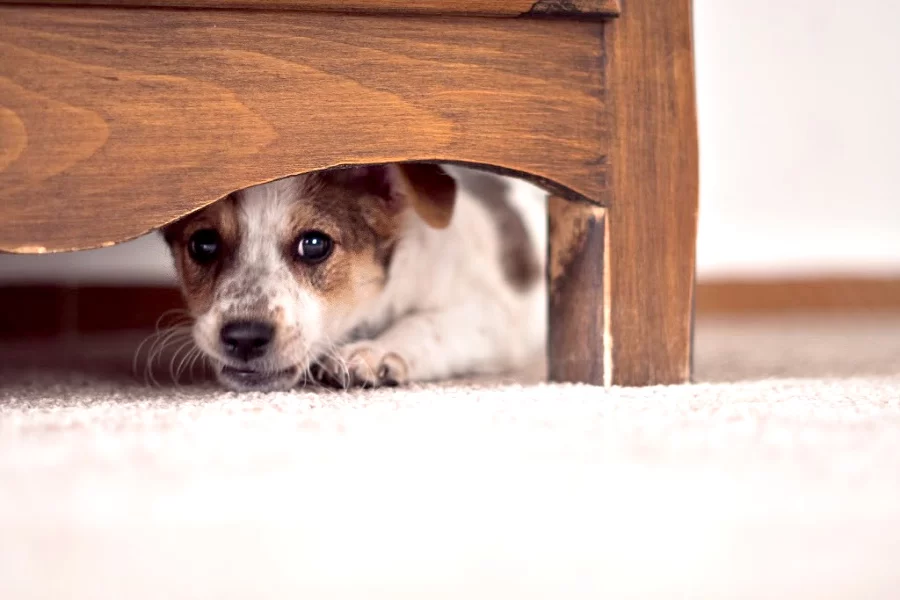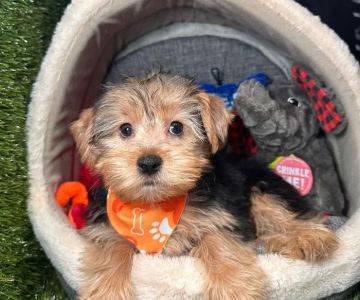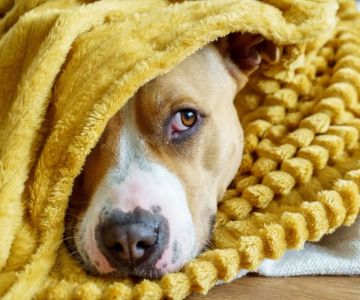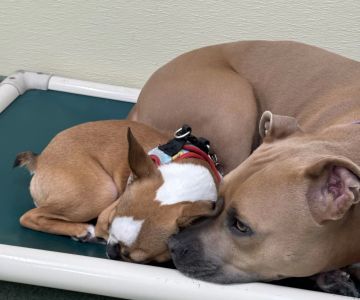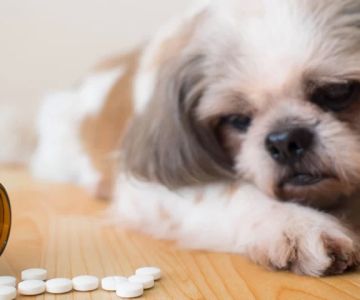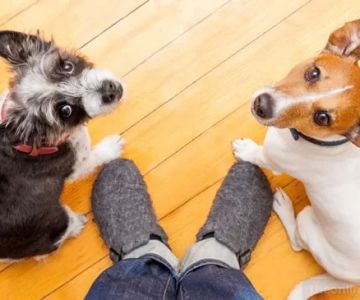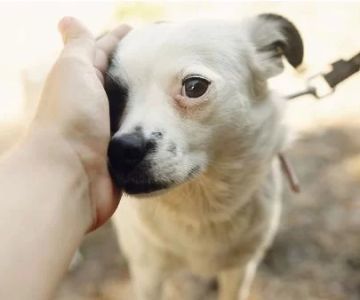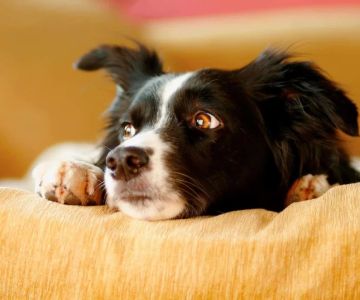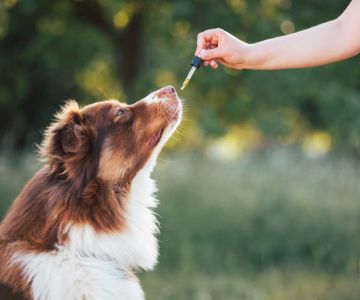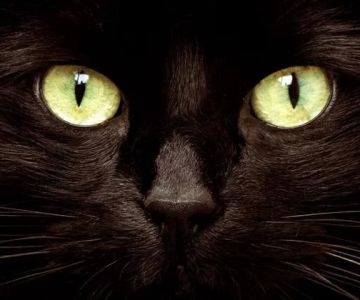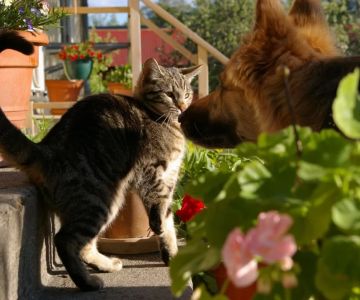The Impact of Fireworks on Pets' Anxiety
As pet owners, we know how stressful certain situations can be for our furry friends. One of the most common times pets experience anxiety is during fireworks displays. The loud noises, flashing lights, and unpredictable bursts of sound can be overwhelming for many animals. I’ve seen firsthand how difficult it can be to calm a pet who is terrified of fireworks. My dog, Max, used to tremble at the first crack of a firework in the distance, and it was heart-wrenching to watch.
Pets, especially dogs and cats, have much more sensitive hearing than humans, which makes fireworks even more terrifying for them. The sounds are often loud and sharp, causing confusion and panic. But as a pet owner, there are steps you can take to reduce the anxiety your pet feels and help them feel safe during these events.
Understanding Why Fireworks Trigger Anxiety in Pets
To effectively prevent anxiety, it's essential to understand why fireworks cause stress in pets. Animals, particularly dogs, associate loud noises with danger. The sudden and unpredictable nature of fireworks can trigger a fight-or-flight response in your pet, leaving them frightened and unsure of what to do. For Max, the sound of fireworks made him feel like something was wrong, even though he was safe indoors. His instinct was to run, hide, or bark frantically, trying to protect himself.
In addition to the loud noises, pets may experience physical symptoms of stress such as drooling, panting, pacing, or even destructive behavior. Cats may hide in secluded spots, refuse to eat, or become agitated. Understanding this is key to managing their anxiety during fireworks displays.
1. Create a Safe Space for Your Pet
The first thing I did to help Max was create a calm, safe space where he could retreat during fireworks. This is an important step in reducing anxiety. A safe space can be a quiet room with few windows or a crate that your pet associates with comfort and security. Make sure this space is away from the noise and flashing lights outside. Add familiar items like their bed, favorite toys, or a piece of your clothing to provide comfort.
If possible, keep the windows closed to minimize the sounds of fireworks. I also recommend using heavy curtains to block out any flashes of light that might make your pet feel more stressed. Max found comfort in his crate, so he would retreat there when he felt scared, and I would keep him in this space during fireworks displays.
2. Use Calming Products and Techniques
Calming products have been a lifesaver for me when dealing with Max’s anxiety. There are various options available to help soothe your pet during stressful events like fireworks. I tried several products, including calming sprays, diffusers, and even calming collars, all of which helped reduce Max’s anxiety levels.
One of the most popular calming products is Adaptil, a synthetic pheromone spray designed to mimic the calming scent mother dogs release to comfort their puppies. I sprayed this around Max’s safe space before fireworks began, and I noticed that he seemed less agitated. There are also calming music playlists and sound machines available that help drown out the noise of fireworks, which might help your pet stay calm.
3. Desensitization and Counter-Conditioning
If your pet has a consistent fear of fireworks, desensitization and counter-conditioning can be a helpful long-term approach. Desensitization involves gradually exposing your pet to the sound of fireworks at a low volume, so they get used to it over time. The idea is to play recordings of fireworks at a low volume while providing treats, affection, and positive reinforcement.
I started playing firework sounds at a very low volume when Max was a puppy, and each time he heard the sound, I would reward him with his favorite treat. This helped him associate the noise with something positive, which over time reduced his fear. It’s important to be patient with this process, as it can take several sessions for your pet to adjust.
4. Consider Professional Help
While many pets can benefit from at-home techniques and products, some animals experience severe anxiety that requires professional intervention. If your pet’s fear of fireworks is extreme, it may be time to consult with a veterinarian or a certified animal behaviorist. They can recommend prescription medications or more advanced training techniques to help manage your pet’s anxiety. In Max’s case, when his fear became overwhelming, I consulted with our vet, who prescribed a mild sedative for particularly stressful events. This medication helped him remain calm and relaxed, allowing us to get through the fireworks season with less distress.
5. Keep Your Pet Distracted During Fireworks
Another strategy I used to help Max cope with fireworks anxiety was keeping him distracted during the event. Before fireworks began, I would give Max a puzzle toy filled with his favorite treats. This kept his mind engaged, and it gave him something positive to focus on instead of the sounds of the fireworks. Some pet owners also recommend giving pets a special chew toy or treat to help them stay calm and distracted.
If your pet enjoys interactive play, consider having a play session during the fireworks. Engaging them in physical activity can release pent-up energy and reduce stress. However, make sure the playtime is in a quiet area where your pet feels safe and secure.
6. Stay Calm and Reassuring
It’s important to remain calm and reassuring when your pet is anxious. Pets, especially dogs, are sensitive to their owner’s emotions. If they sense that you’re stressed or anxious, it could exacerbate their fear. When Max was frightened, I made sure to stay calm, speak to him in a soothing voice, and provide gentle petting. I avoided making a big fuss or reacting to his fear, as this can reinforce the idea that there is something to be afraid of.
By staying calm, you’re providing a safe and stable presence that can help your pet feel secure. Reassurance doesn’t mean over-pampering or coddling your pet, but rather offering calm, loving support to help them feel more relaxed.
7. Plan Ahead for Fireworks Events
As firework displays are often scheduled well in advance, it’s essential to plan ahead to keep your pet safe and calm. Make sure your pet is inside the house and in their safe space well before the fireworks begin. If you’re planning to attend a fireworks show, consider having a trusted friend or family member stay with your pet during the event. It’s important not to leave your pet alone if they are prone to anxiety, as they might try to escape or engage in destructive behavior.
Additionally, make sure your pet is wearing an ID tag or microchip with updated contact information, just in case they manage to escape during the fireworks. The loud noises can cause even the calmest pets to panic and flee, so it’s always best to be prepared.

